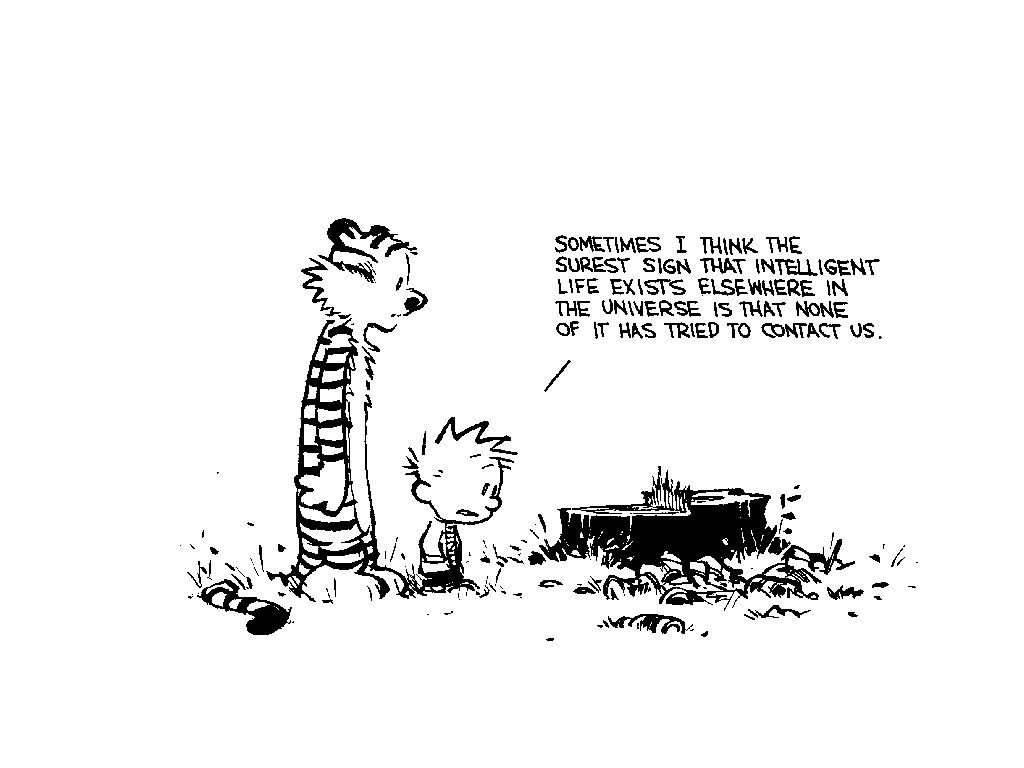To me, this follows the trend of people identifying issues within themselves that may not actually be issues. I can see some peoples' point when they complain of too many people being on medicine for self-diagnosed issues like ADD or Asperger's, but on the other hand I know that these conditions can be seriously debilitating and that medicating for them can improve quality of life dramatically.
"However, this objection is dismissed as scientifically irrelevant." I like this, because it means it doesn't matter if there are too many people who claim to have personality disorders, if they actually show symptoms of the disorder. It's difficult to tell how the brain works, much less how it may be working incorrectly. If you treat the symptoms and they go away, doesn't that fix the issue?
Seems to me it's likely that there actually is a great amount of deviation in how our brains work, and these differences tend to manifest as 'conditions'. So how do we treat it? Do we accept ourselves as working all dysfunctions normal, or medicate and try to rectify our brain chemistry where we perceive nature has wronged us?
There was an article on NPR discussing a magazine(Vice) that ran an article in particularly bad taste about women in fiction who killed themselves, and how they enjoyed the scandal and media attention that arose from it. Part of the former article deals with how to deal with trolls/attention whores, excerpted below.
- Spoiler:
This particular line of thought, the settle-down line, holds that when you know something is bait, when you know it's there to make you angry, you simply ignore it. You see a fashion spread, for instance, where women killing themselves is used as fashion and commerce and smarmy provocation, and you know that if you say anything, they win. So you say nothing. You stay quiet.
There are times when this approach has some appeal to me. When I see on Twitter that someone with an egg avatar and two followers has gotten a writer I know to spend ages arguing back and forth about nothing, there is part of me that thinks, "Why bother? The world is full of awfulness; you will never beat back all of it." We all ignore things all day long; if we didn't, we'd never get anything done.
But Vice asks for credibility. as a force in a kind of gonzo journalism for bros. They have a series on HBO. They don't have an egg avatar. They get — and want — attention for the things they do that are serious. This isn't scouring the Internet for obscure horrible people doing horrible things in tiny corners and exhausting yourself howling at the moon over it. This is seeing a powerful media brand selling degrading images of violence in an issue they're claiming is all about women in fiction.
It's insidious and frustrating, the idea that the more blatant an effort to offend for attention, the more the offended are to blame if they react. It imposes a sort of duty of measured inertness, as if you owe it to the greater good not to challenge something if the people who dumped it out into the world don't really believe in it but only want a reaction. It rewards anything you believe to be craven exploitation by suggesting that the more you believe it's just craven exploitation, the more you owe it to the world to sit silently, roll your eyes, and be quiet. It makes craven exploitation bulletproof.
It's insidious and frustrating, but (or maybe because) it's true. It's true, I suspect, that Vice probably got what they wanted from this when Jezebel wrote about it. It's true that we may all be following the intended script, including me. It's not that I don't get it; we all get it. And I can't speak for anybody else, but as a writer, I feel sort of bullied either way when things like this happen — bullied into responding as I know I'm expected to, or bullied into sitting quietly while somebody flicks me on the ear. Neither feels good; in fact, both feel awful.
But both feel awful because both are responses to something that feels awful already, which is seeing real and serious issues (I've seen it with race and sexuality and faith; in this case, it's the gross ways in which degradation, violence and fashion are mixed) exploited for attention. And that's still bad, even if it works.
When this happens, when I believe or half-believe that something is only there to make me angry, it feels less like simple click bait and more like taunting. What are you going to do about it? Go ahead. Get mad. You're only going to make it seem important.










